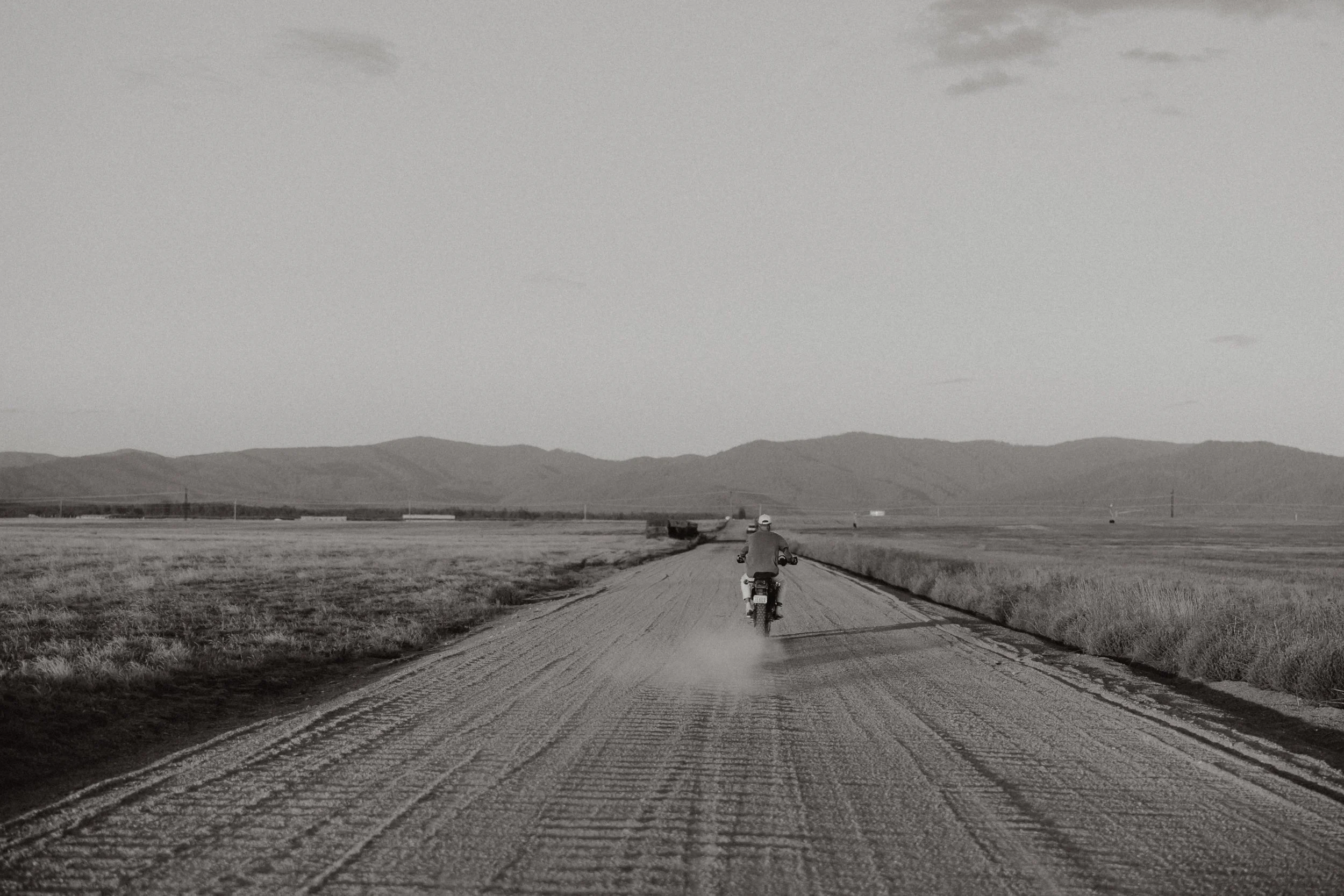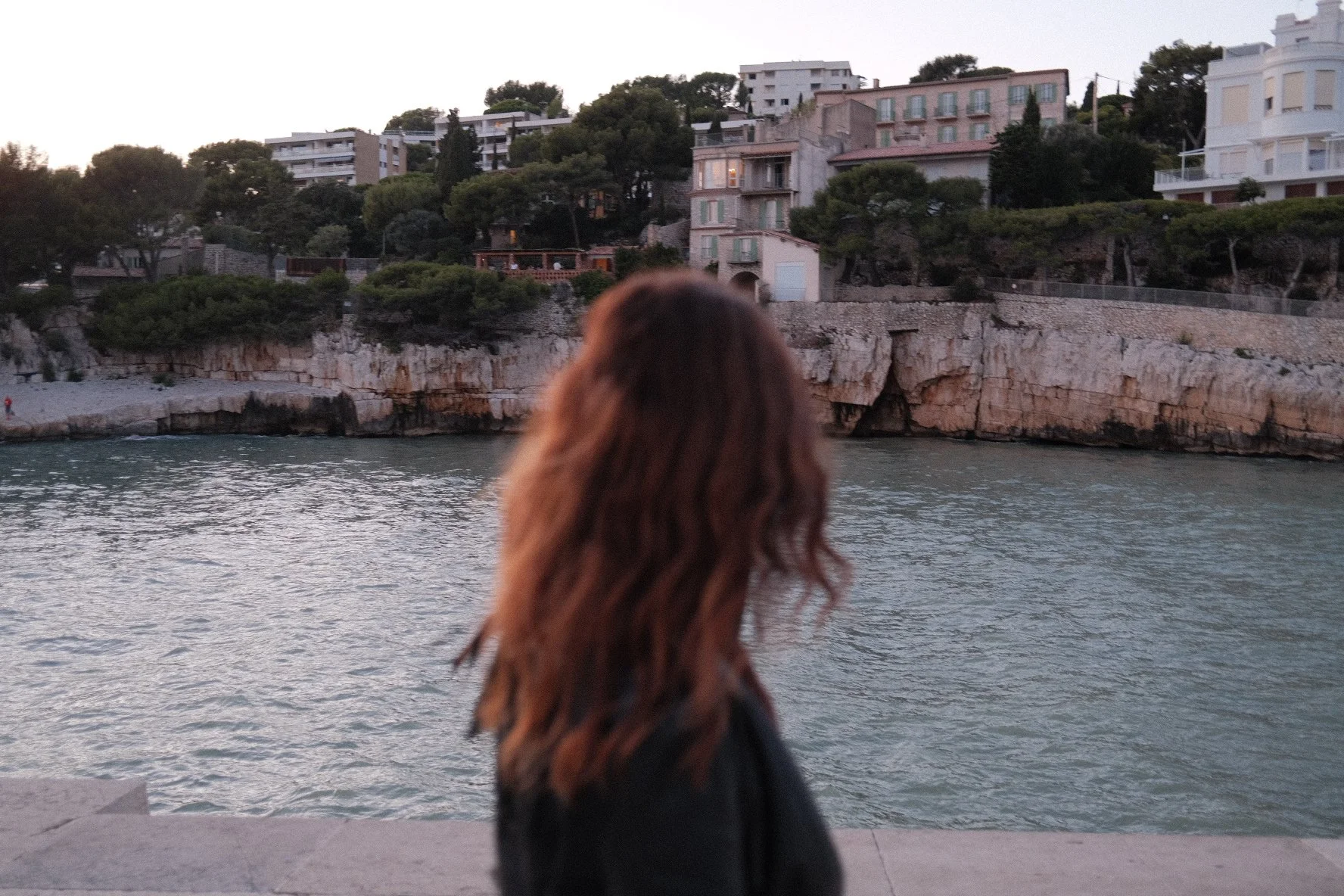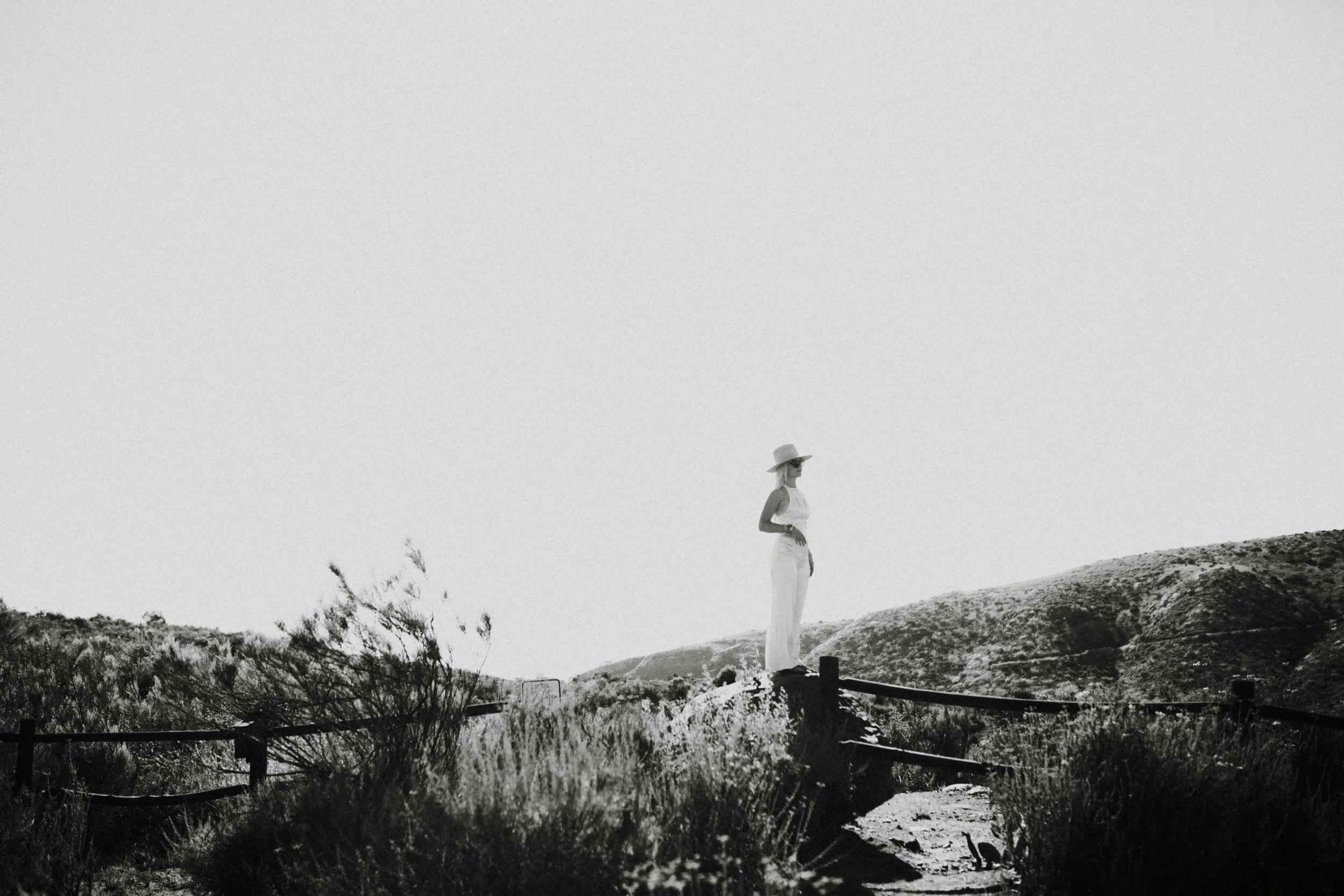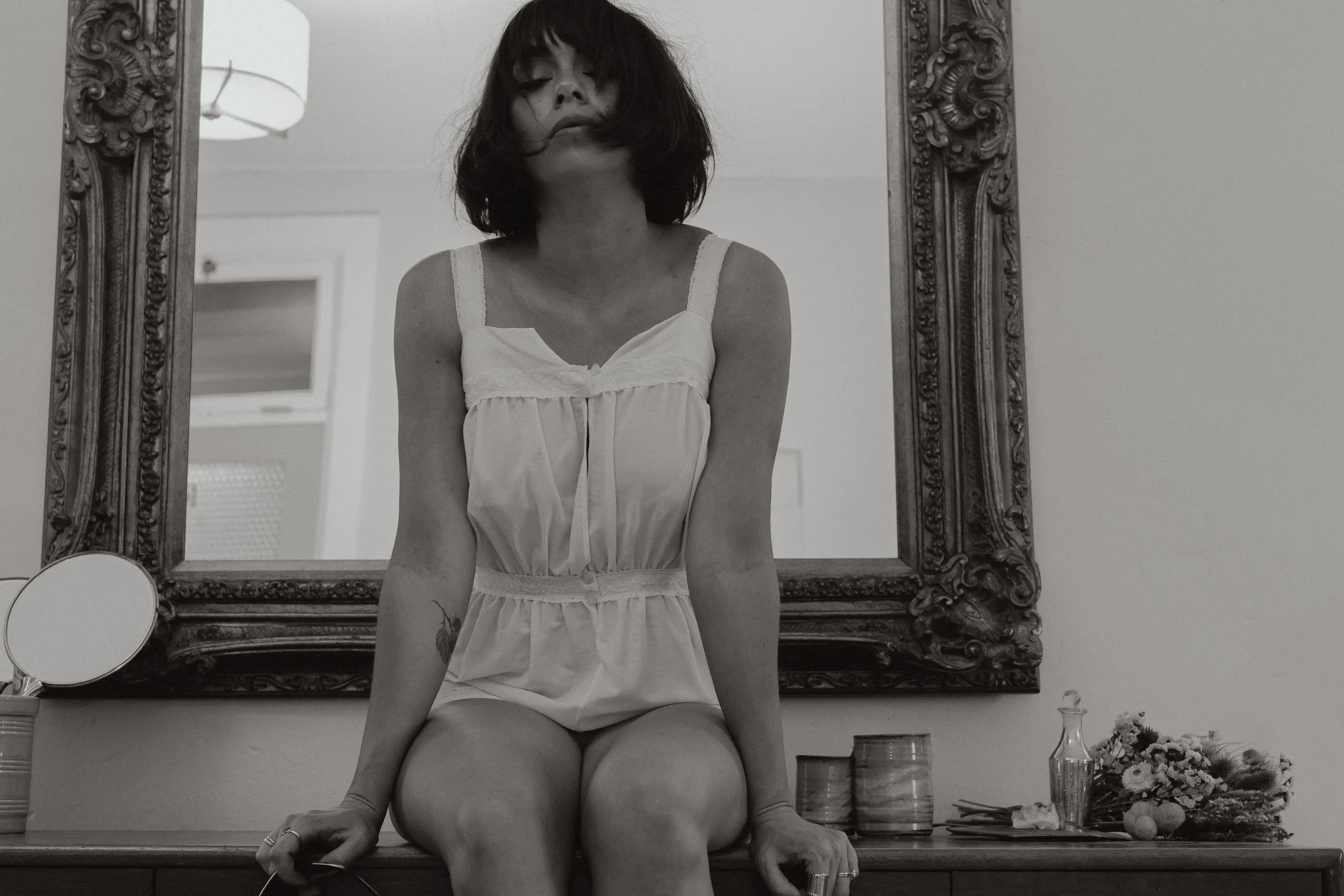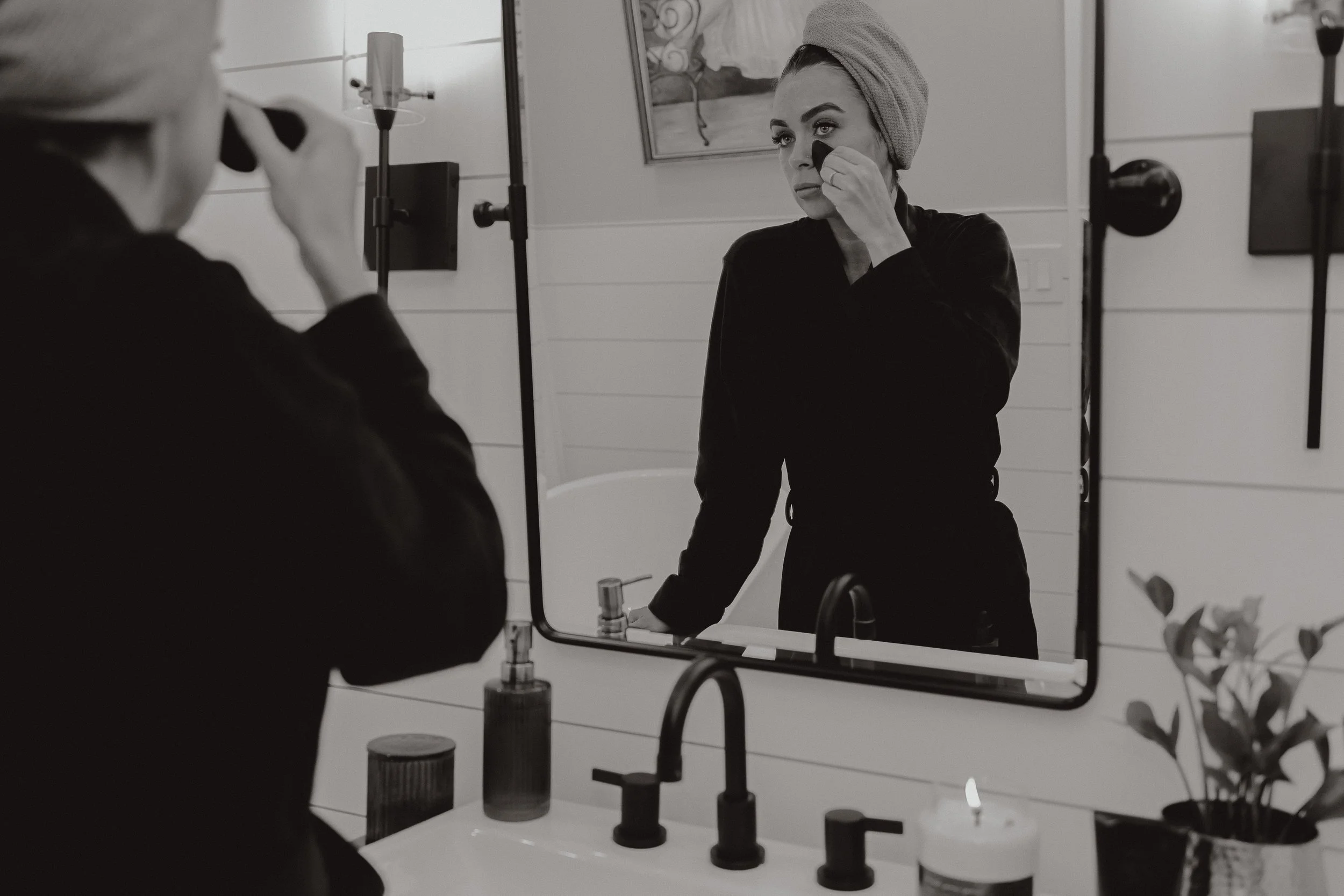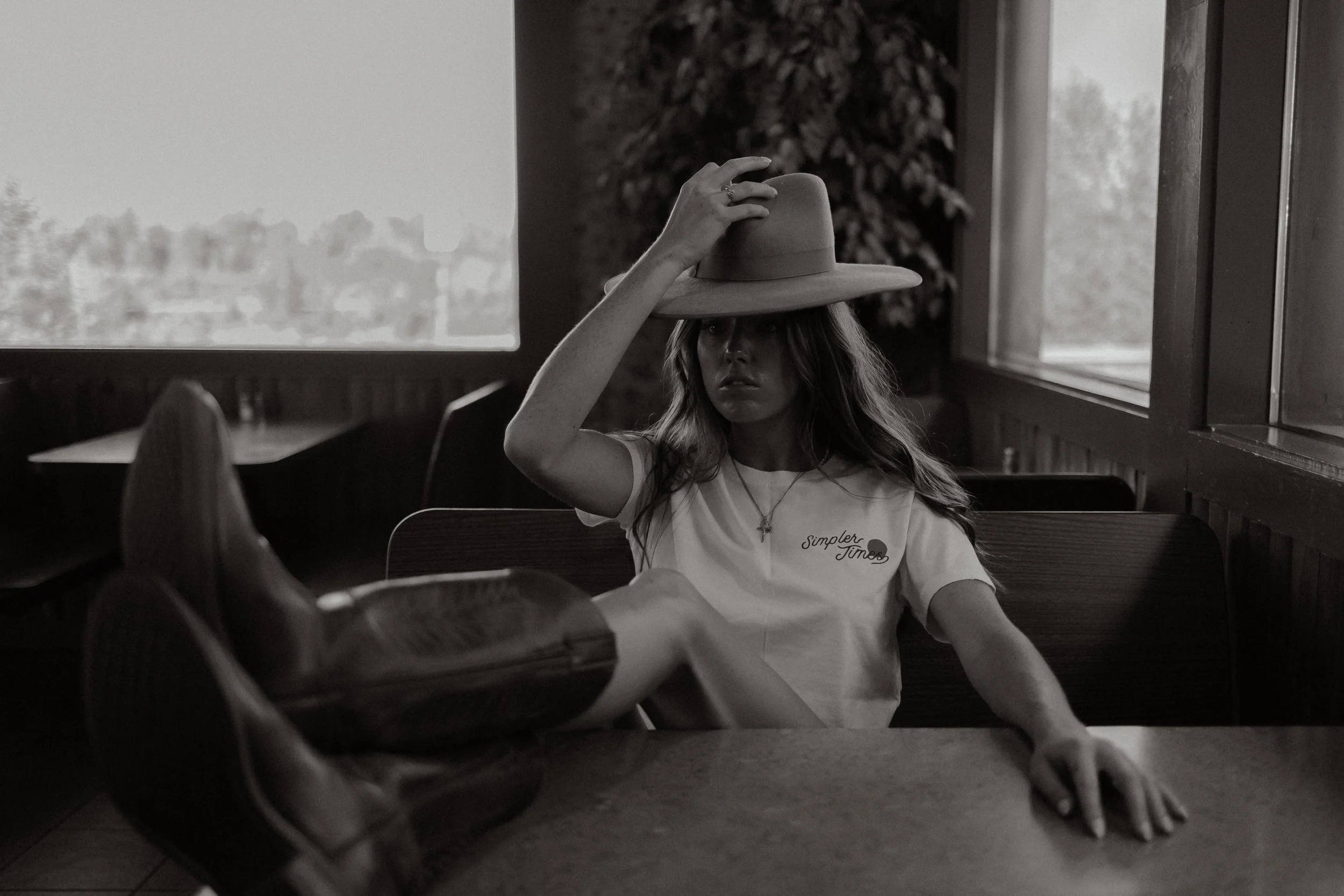Liminal Space Explained: Why You Feel Lost (and How to Move Through It)
“Feeling lost” is often what happens when you’re in a liminal space — that in-between zone where you’re no longer who or where you were, but not yet who or where you’re becoming. It’s an empty stretch full of uncertainty and the unknown, which makes it deeply uncomfortable — and, not to mention, easy to want to avoid.
Walking through liminal space can feel like moving through a pitch-dark room. You can’t see what’s ahead, and you’re not quite sure where you are — often leaving you hesitant, and searching for something solid to land on.
Let’s talk about liminal space
In psychology, we call liminal space a threshold state: a pause, a transition, a space that can feel uncertain, uncomfortable and even disorienting.
It tends to show up during big shifts — ending a relationship, changing careers, outgrowing an identity, healing from a former version of yourself. It’s the space between the old story and the new one — it rarely comes with a roadmap and often comes with a feeling of lost.
Liminal space is deeply uncomfortable for many — so much so that people often make choices or take action not because it feels aligned, but simply to escape the discomfort. Anything to get out of the vast unknown and move on, even if it’s not quite right.
Why it matters for mental wellness:
Liminal spaces challenge our sense of control, certainty, and self
They can trigger anxiety or grief — but they also invite the good stuff; self-reflection, redefinition, and transformation
what it can feel like
Liminal space can feel like floating, with nothing solid beneath you to land on. Everything familiar has fallen away, and the new hasn’t arrived yet. This is often when panic sets in. If the present doesn’t look or feel like what you imagined it should — then what direction are you even supposed to go in?
The questions start to spin and overwhelm us: Where do I go? What do I do? What action should I take?
And yet... no clear answers come.
Within this space you might feel restless, anxious, ungrounded — lost.
This is a point where many of us stop choosing intentionally and, instead, choose from a place of scarcity and fear.
But here’s the truth: this space isn’t empty. It’s full of potential. It’s where deep growth takes root — if you allow it.
“what is familiar is not always right.” -Brianna Wiest
The real truth is that feeling lost every now and then is normal. It’s actually a key part of becoming.
Can liminal space last for years?
Yes, it’s possible—and deeply human—to have a long liminal phase. Sometimes these "in-between" spaces aren’t just bridges from one chapter to another. They are the chapter. A long one has the potential to provide many valuable lessons to be learned and experienced if you can see it that way. Lessons can be learned when you use the in-between space to pause, reflect and heal, (if need be) so you can move forward.
Is it “normal” to feel like I’ve been in “in between” for years?
Is it normal? Well, it’s not common. But yes, “normal” for those of us who are seekers.
“Seekers,” as in people who tend to have a heightened sense of:
Emotional intelligence
Creative sensitivity
Spirituality
Authenticity; meaning people who are unwilling to fake their way into “belonging”
It tends to be more common for people with these traits to spend time in liminal spaces-which doesn’t necessarily mean stagnation or that something is “wrong.”
It can be a sign of an inner truth — that you’re not willing to conform just to move forward.
In all reality, it takes real courage to walk the road less traveled, to listen to the inner callings of what feels right instead of checking off life’s boxes at the so-called “right time.”
Those who can tolerate the unknown — who are willing to sit in uncertainty and trust what they can’t yet see — will likely find themselves in liminal spaces more often than most.
how to move through it
The key is to stop forcing clarity and start practicing trust. Let go of the need to fix or fast-forward.
Instead: Feel. Listen. Wait. (your new mantra)
This space asks you to slow down, to stay present, and to let the lessons rise on their own timing. See my post on slow living here if you need some direction on how to embrace slow and more intentional in order to gain clarity.
Practicing an empowering narrative such as: I’m not broken and I might feel lost, but maybe I’m not as lost as I think. Maybe I’m just becoming. Maybe this is just the stuck before the new chapter.
It reminds me of the quote:
“You necessarily have to be lost before you’re found.” - T. Scott McLeod
This suggests the idea that the feeling of being lost is often the necessary precursor to self-discovery, transformation and to the world “on the other side.”
If you’re in that in-between right now, offer yourself grace. You don’t need all the answers today-who really ever has all the answers anyway?-nobody. For now, just stay close to yourself as you move through it — one breath and one moment at a time.
for those feeling lost
maybe you’re not just waiting—you’re pausing.
maybe you’re not just alone—you’re aware.
maybe you’re not aimless—you’re between identities.
Let’s review:
At the end of the day, remember, feeling lost is often a sign that you’re in between spaces — experiencing liminality, a psychological threshold where old structures no longer fit, and the new ones haven’t yet taken form.
Knowing why you’re feeling so aimless, so stuck, so lost can, ultimately, help you move through it with more ease + flow. Carry on my friends. One step at a time
*Above image by visual artist, Amy Lynn Bjornson
